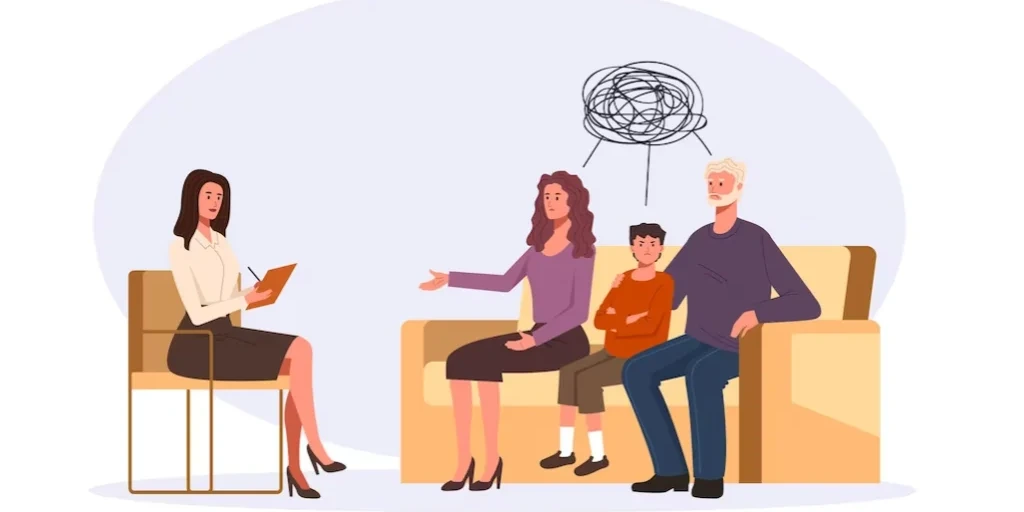24/7 Helpline:
(866) 899-221924/7 Helpline:
(866) 899-2219
Learn more about Cocaine Rehab centers in Pueblo Of Acoma
Cocaine Rehab in Other Cities

Other Insurance Options

Sliding scale payment assistance

WellPoint

Aetna

Health Choice
Beacon

Humana

Private insurance

Health Partners

Optum

Premera

UnitedHealth Group

WellCare Health Plans

Ceridian

United Health Care

Covered California

Self-pay options

Meritain

Highmark

Molina Healthcare

Magellan Health








Pueblo of Acoma
Pueblo of Acoma is a public rehab located in Pueblo Of Acoma, New Mexico. Pueblo of Acoma specialize...


